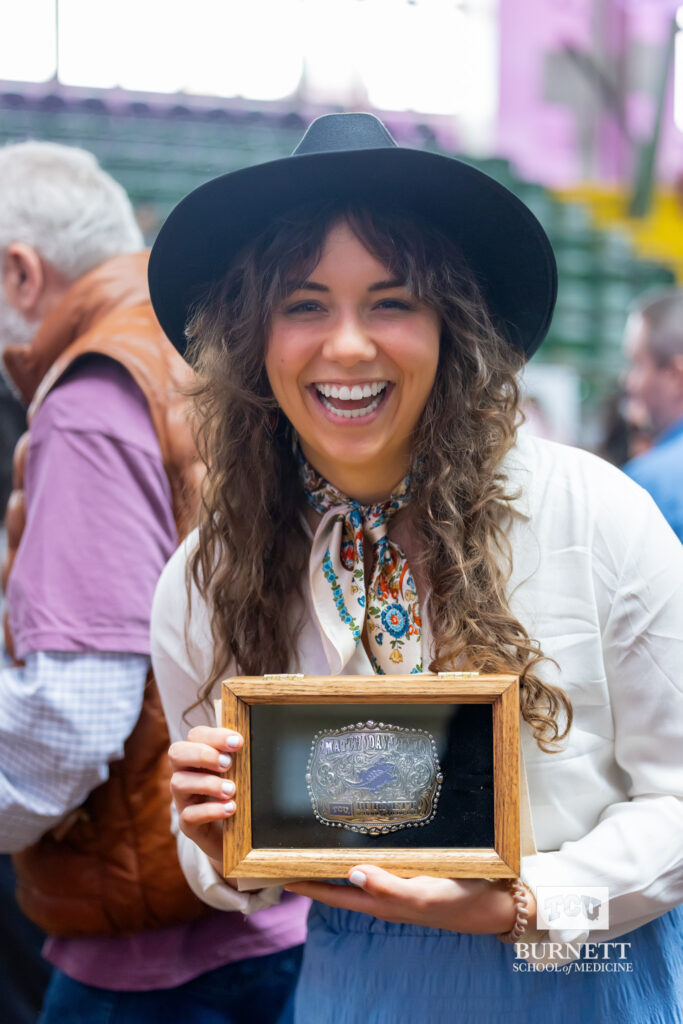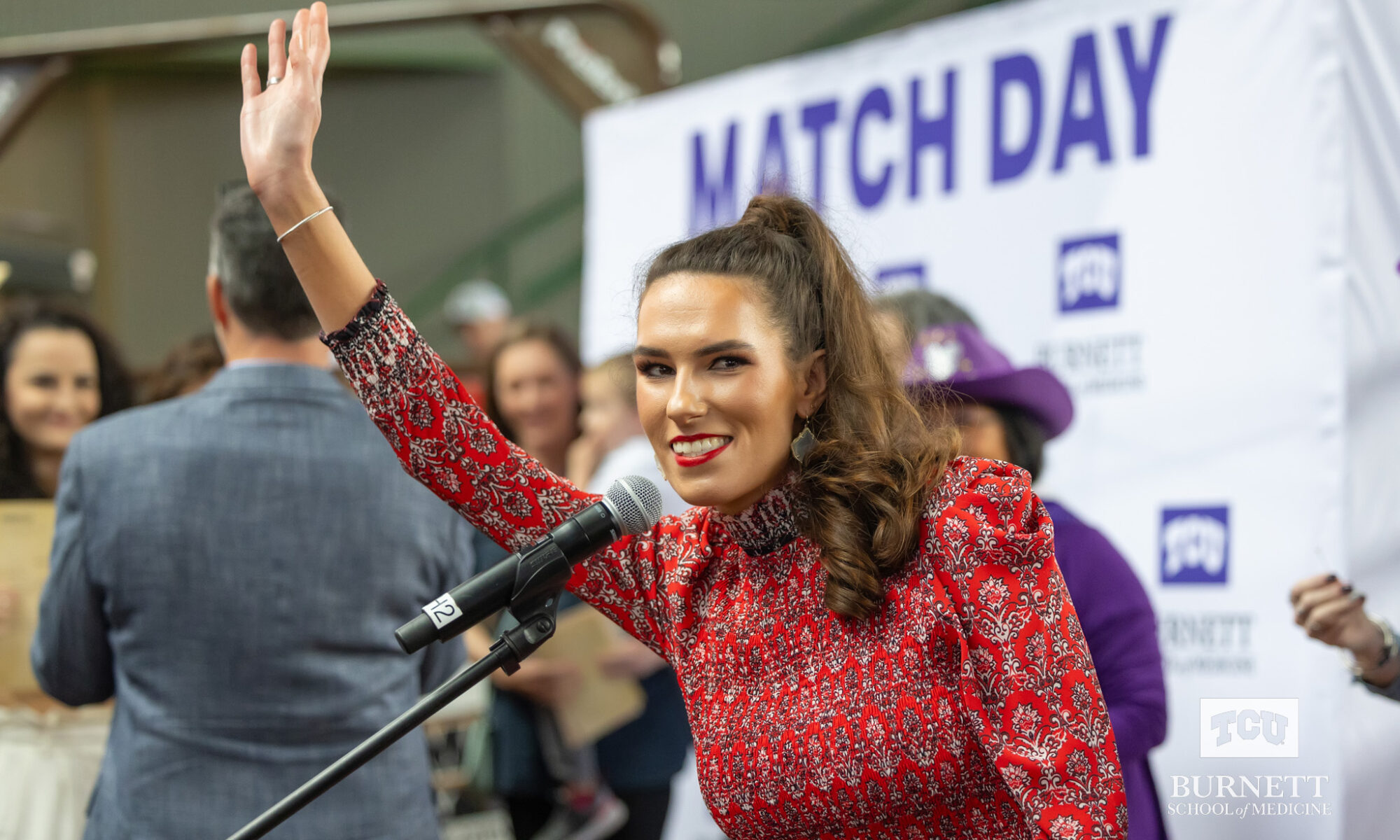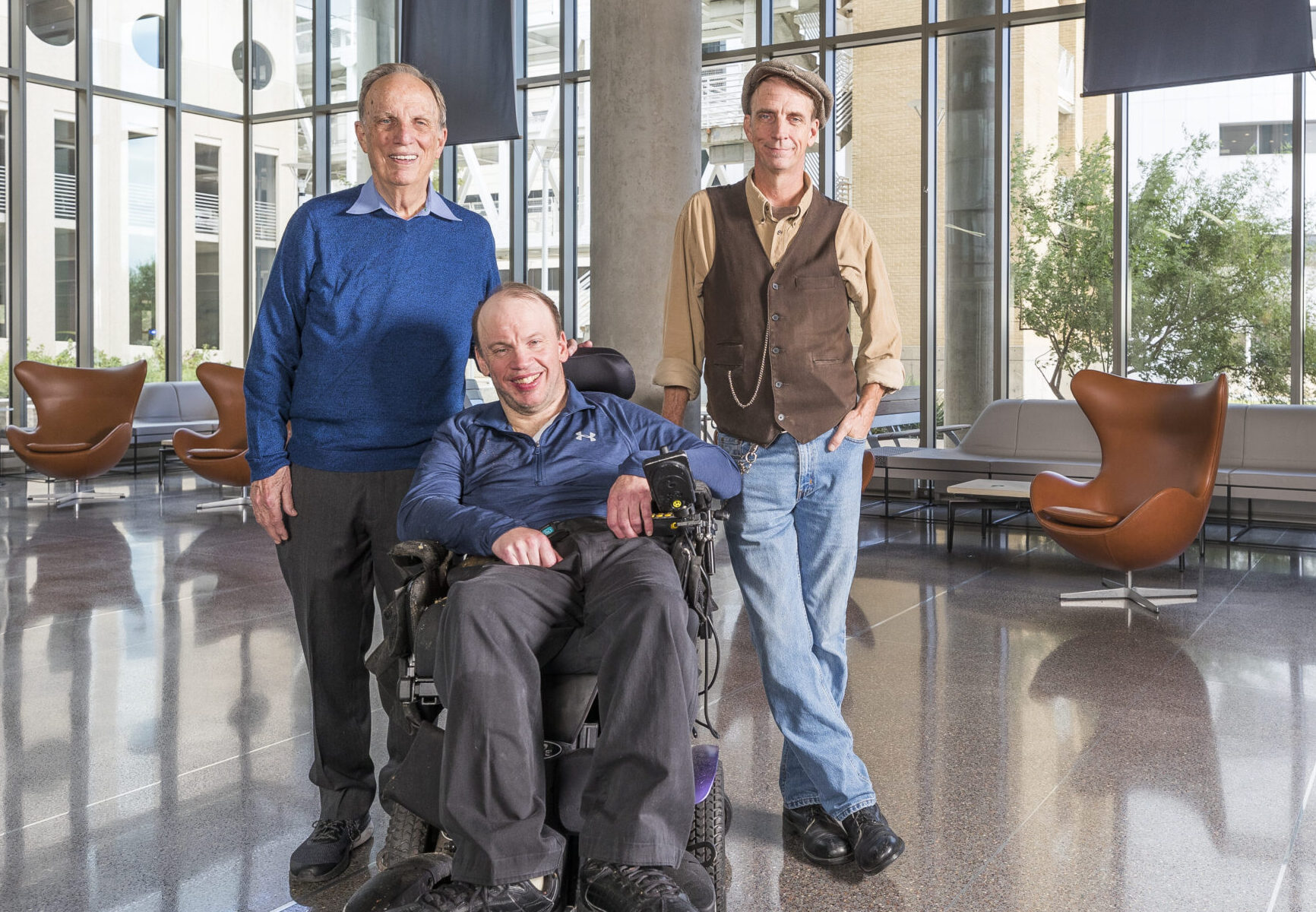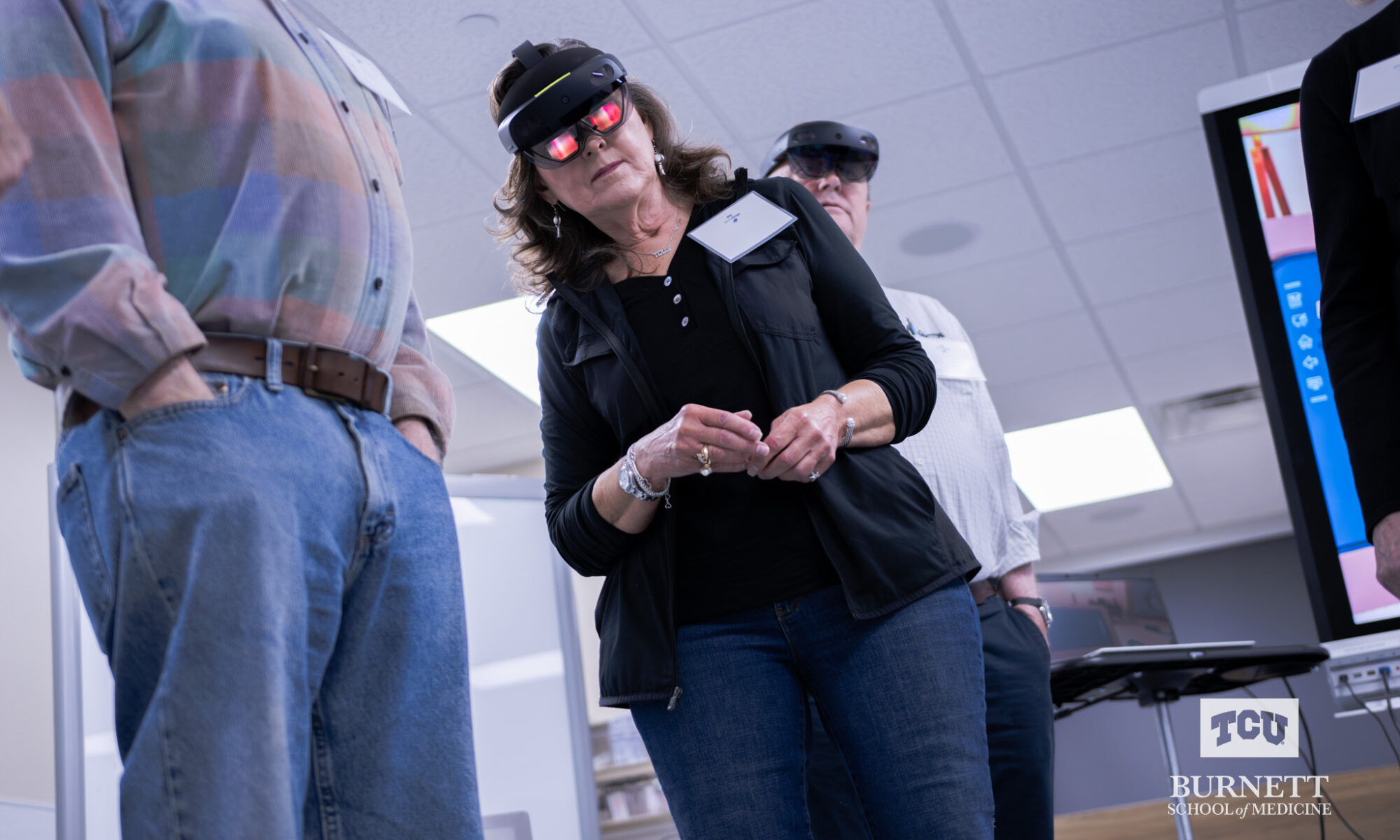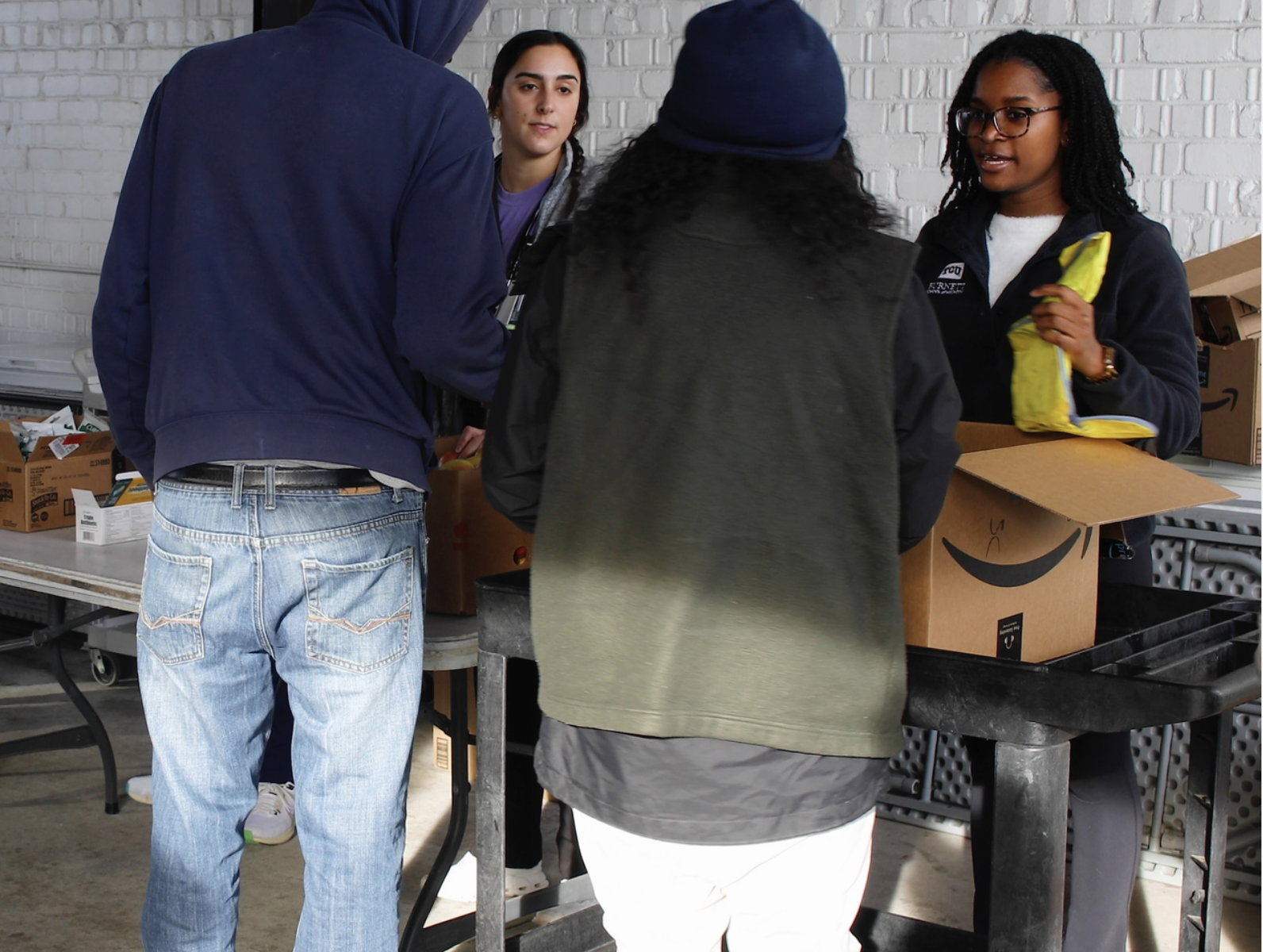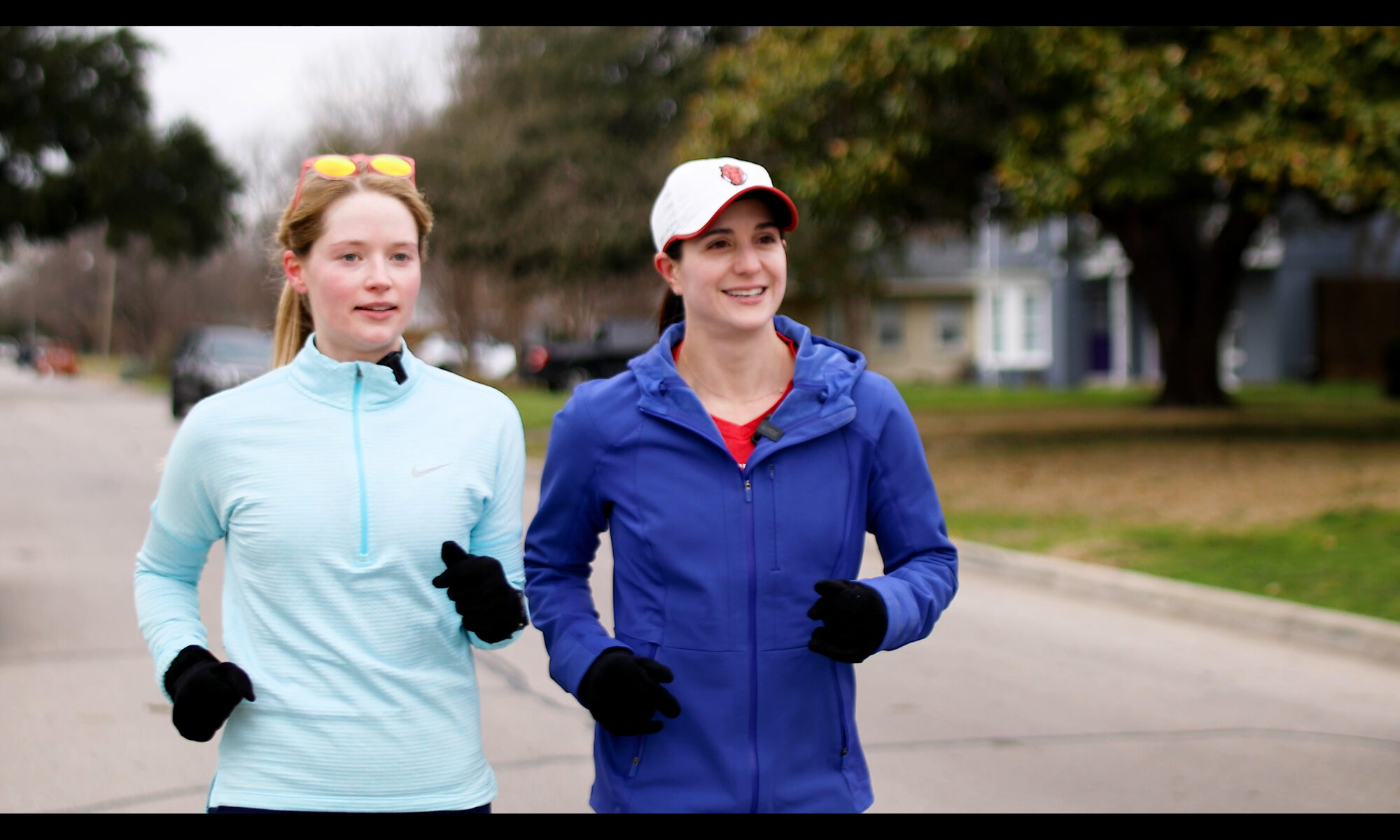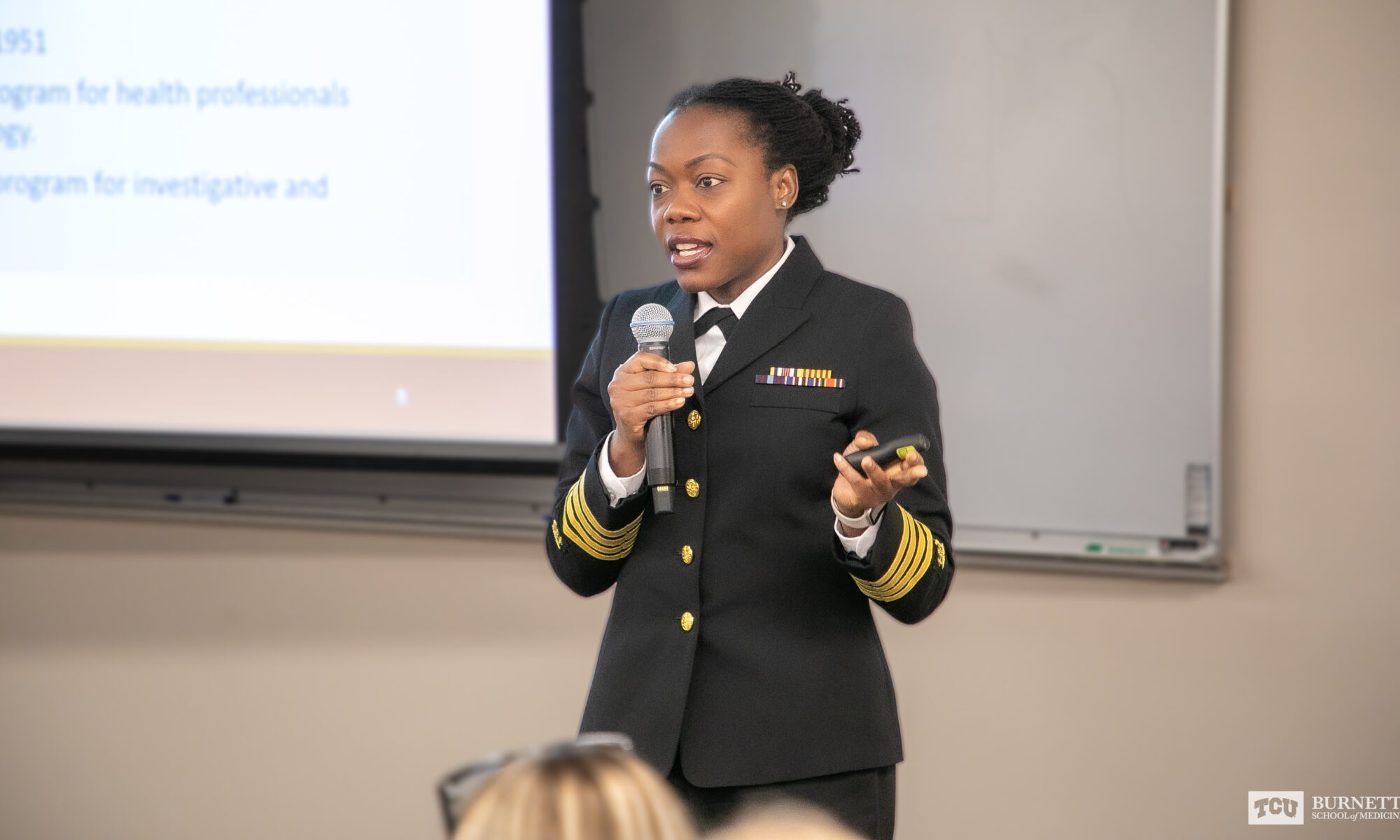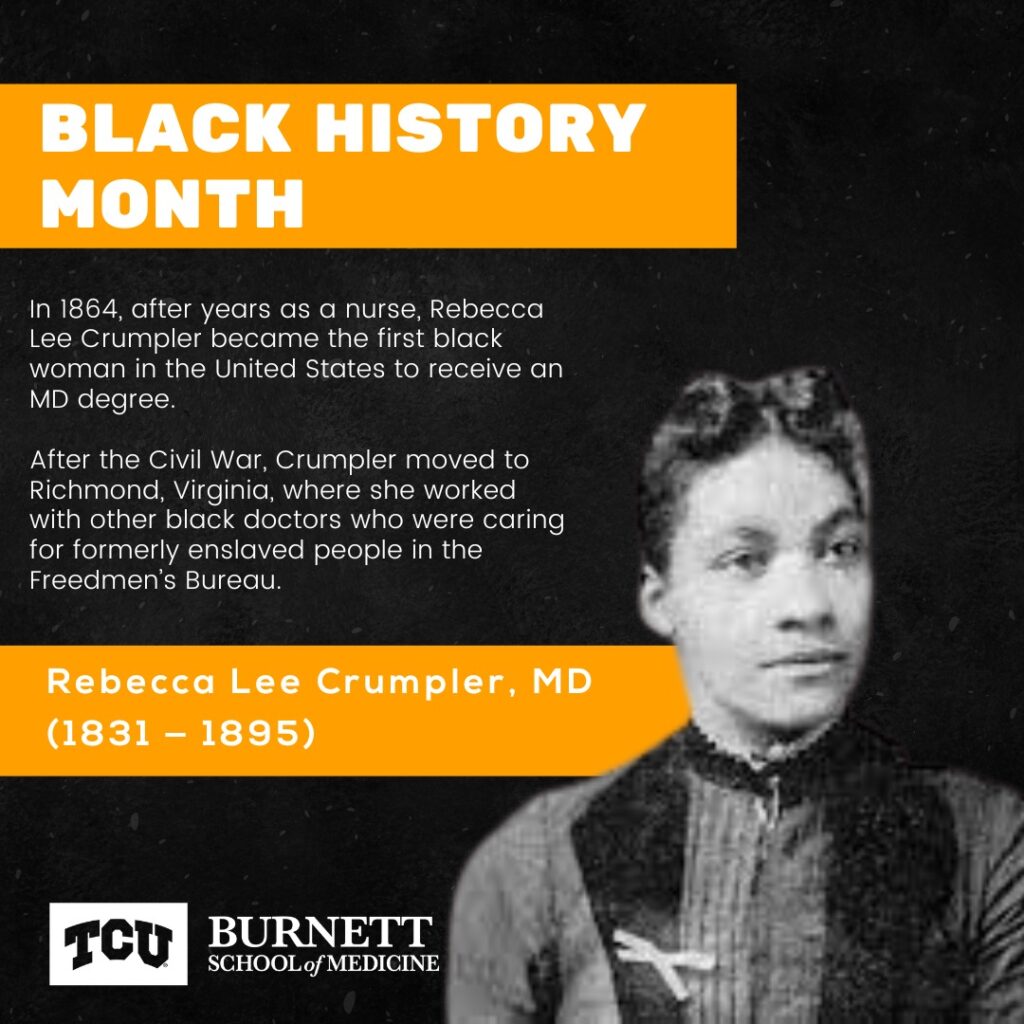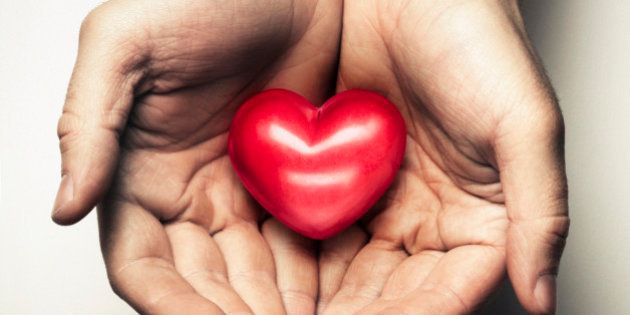FORT WORTH – On Match Day, 60 medical students of the graduating class of the Anne Burnett Marion School of Medicine at Texas Christian University matched into medical residency programs throughout the United States. All students matched into recognized programs, including Mayo Clinic, Stanford, Vanderbilt, UCLA, Duke, to name a few.
The National Resident Matching Program (NRMP) announces residency match results to all medical students in the United States at the same time on the third Friday in March. This year marked the largest Match in history with a record number of applicants who certified a rank order list, according to NRMP.
Here’s a sampling of where some of the Burnett School of Medicine at TCU graduates will be headed:
Sophie Wix
Hometown: Phoenix, Arizona
Program: Dermatology, University of Texas Southwestern Medical School – Dallas, Texas
Her specialty: “As soon as I started seeing patients in the hospital, I noticed that I was drawn towards some of the patients that had cutaneous manifestations of their complex internal disorders, and realized I really enjoyed studying the skin,” Wix said.
Her inspiration: Her late grandma, she called ‘Tutu,” always wanted to see her become a doctor. For 11 years, Wix has carried a book Tutu gave her as a reminder: “I would love to tell her, ‘I did it; we made it!’ ”
Her medical school experience: “I am so grateful that TCU gave me the opportunity to take a year between my third and fourth years to pursue my passion for studying melanoma.”
Sam Sayed
Hometown: Arlington, Texas
Program: Emergency Medicine, Mayo Clinic of Graduate Medical Education – Rochester, Minnesota
His specialty: “There’s just more to medicine than just helping people in their most trying times,” Sayed said. “At the end of the day, it can’t be about lip service when it comes to people. You need to learn your community before they even walk through the door.”
His inspiration: Sayed’s 16-year-old daughter got the honor of opening her dad’s Match Day envelope. She said: “I’m really proud of him.”
His medical school experience: “Navigating the challenges of a new curriculum was something was something that was very exciting to me,” Sayed said. “I am just so proud I could call myself a Horned Frog.”
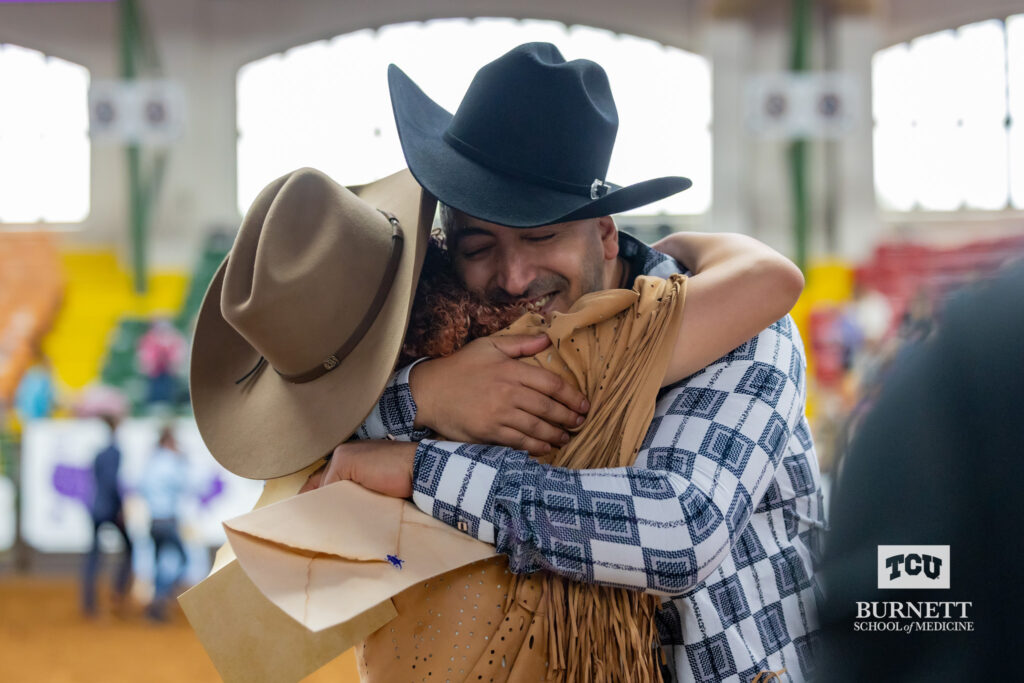
Benjamin Jacobs
Hometown: Sioux Falls, South Dakota
Program: Obstetrics and Gynecology, Duke University Medical Center – Durham, North Carolina
His specialty: Jacobs matched at his No. 1 ranked program – Duke. He said the focus on empathy and communication at the Burnett School of Medicine was important to him because talking to patients is the “most common procedure you’ll perform.” He said: “Our school really focuses on that and makes you stronger in building relationships with them, and trust with them.”
His inspiration: “I have all my family and friends, so I feel a lot of pressure, a lot of anxiety but I’m really excited for this moment and soak it in,” he said.
His medical school experience: “I wanted to see patients early and be able to be part of their care,” Jacobs said. “The early clinical experience at the medical school really gave me the opportunity to shine throughout my away rotations and become the best clinician I could be.”
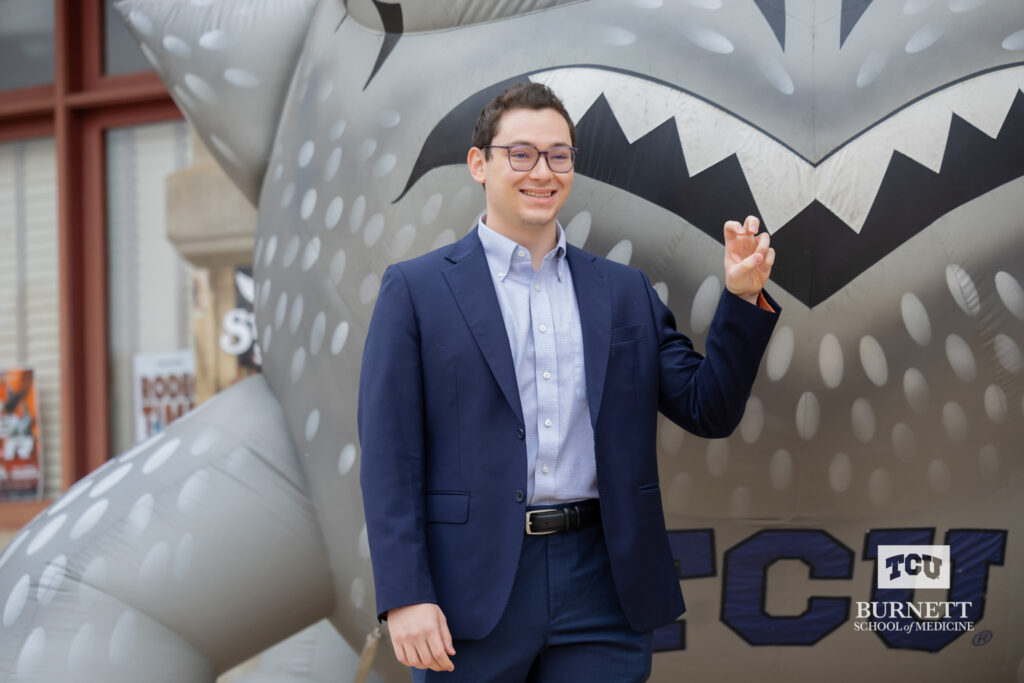
Antonio Igbokidi
Hometown: Little Rock, Arkansas
Program: Psychiatry, UCLA Semel Institute for Neuroscience – Los Angeles, California
His specialty: “Psychiatry is important because oftentimes we’re dealing with things that we can’t see on the outside, and the stigmas that come with it,” Igbokidi said. “A psychiatrist figures out a way to heal your soul.”
His inspiration: “I recently lost my father,” Igbokidi said. Match Day is a moment to share with loved ones and it hits harder when you are missing family members, he said. “Recognizing that he’s still watching over me makes this a little more special for me.”
His medical school experience: The school really allowed me to be an innovator: “Somebody who could find creative ways to solve a problem. That’s what medicine is all about.” If we want to provide the best quality care for our patients, we must be creative, be intentional, and go that extra mile, he said.
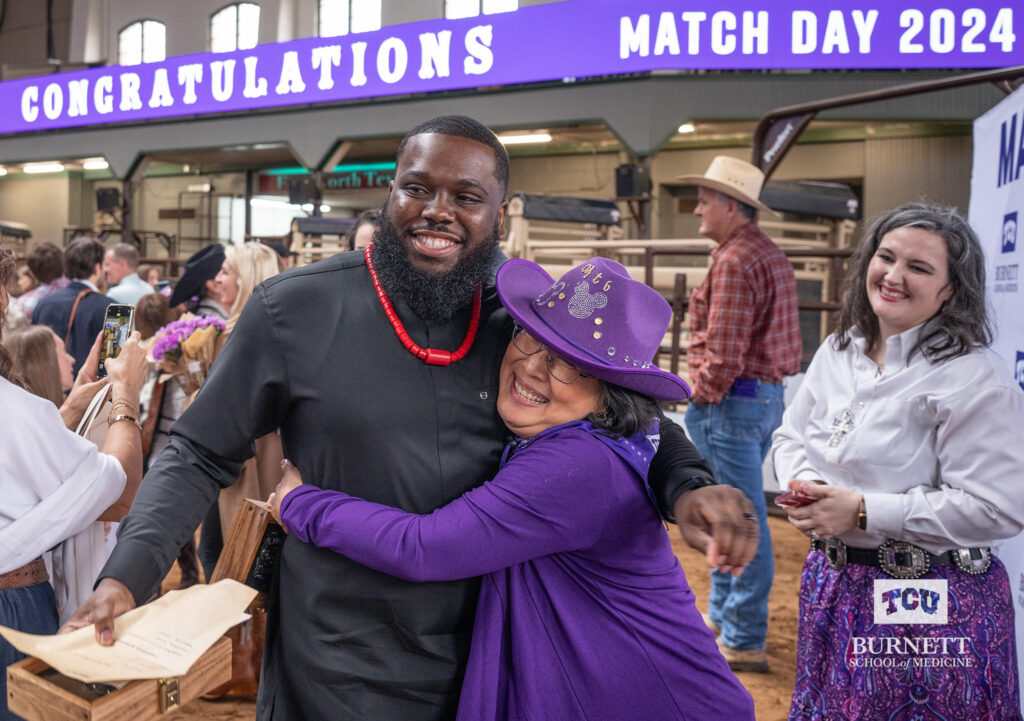
Anne Shirley Hosleton
Hometown: Chattanooga, Tennessee
Program: Urology at the University of Tennessee College of Medicine – Chattanooga, Tennessee
Her specialty: It’s difficult to get into some programs, especially the ones that have few spots like Urology. “Urology residency spots are pretty small in general, most of them are 2 to 3 residents a year,” Hoselton said. “So, you just picture all these different futures you have at these different places.
Her inspiration: “My parents are both in medicine,” she said. “I really grew up seeing my parents being very faithful to their work and what they did. They did a lot of home calls, and I would see them practice medicine in a community setting.”
Her medical school experience: “I was really attracted to the Empathetic Scholars® curriculum…and the importance of the human connection.
